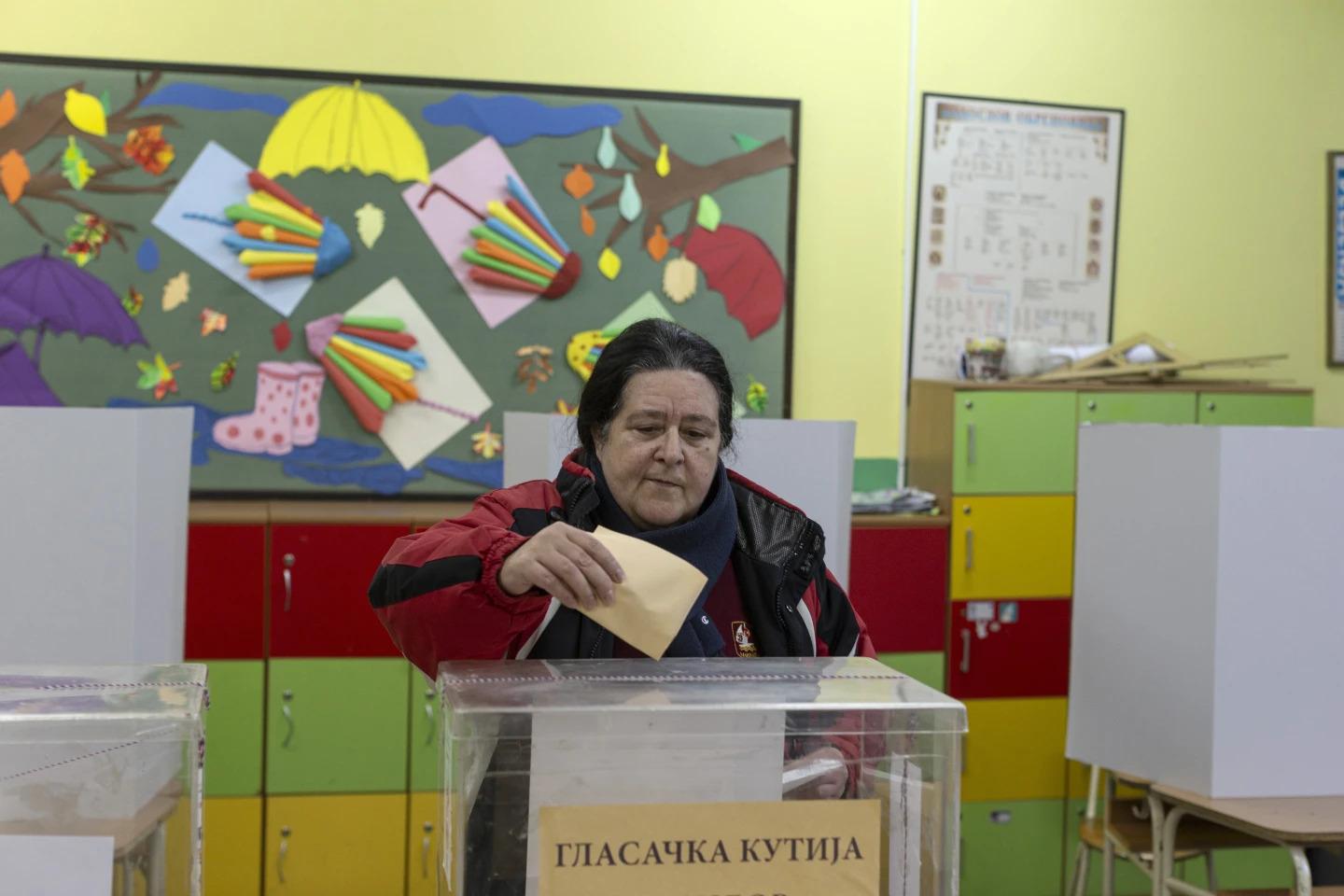Will election results in Serbia backfire? Cementing power
On December 18, Serbia’s ruling Progressive Party (SNS) claimed a landslide victory in the December 17 snap general election, dashing opposition hopes this might be the beginning of the end for the party’s long dominance of Serbian politics. The SNS has been in power since 2012, and its control of the parliament has repeatedly been confirmed by a series of snap general elections. The SNS also swept the regional and municipal elections, winning councils in 165 cities and towns, including Belgrade.
Vucic had won his second five-year term in 2022 by thrashing his closest competitor by 41 percentage points. As such, President Vucic joined his ministers to announce the results of the elections in light of mass riots in Belgrade and other cities as the opposition claimed the election was rigged. Moreover, opposition MPs Marinika Tepic and Miroslav Aleksic formally submitted a complaint to the election authority alleging fraud in the municipal vote.
Traditionally, EU and Western leaders would have extended their congratulations to Vučić’s ruling SNS after elections. This time, only figures like Hungarian Prime Minister Viktor Orbán, Russian President Vladimir Putin’s spokesman Dmitry Peskov, and the Chinese Foreign Ministry have offered kudos. Since assuming power in 2012, the Vucic administration has maintained a balance in relations with the West and Russia in an effort to establish a pragmatic economic partnership with the immediate neighbourhood.

Moreover, despite the ruling Serbian government did not extend its support to Russia’s invasion of Ukraine, it also refused to join Western-sponsored economic sanctions to exert pressure on Moscow. Nevertheless, the Serbian government shifted its approach to diversifying partnerships, particularly in the energy field, to decrease the dependence on Russian fossil fuels.
Amid ongoing violence and tensions at home, the Serbian authorities admitted that the "Russian intelligence services warned them regarding the opposition's potential attempts to overthrow the ruling government." Serbia’s Prime Minister Ana Brnabić claims that she personally communicated with Western diplomats to inform them about the information the Russian secret services provided, but they allegedly did not take this information seriously.
From Serbia’s fragmented opposition, the main challenger to the SNS was the Serbia Against Violence coalition. A grouping of opposition parties and civil society groups, the coalition grew out of a series of mass protests that started after two mass shootings in May 2023.
Aleksandr Vucic’s government recently came under fire for his remarks regarding Kosovo in light of deteriorating relations between Belgrade and Pristina. The fragile stability was threatened when Serbia deployed a large number of troops near the border area in October 2023.

Hence, according to the Kosovan media, there has never been this kind of concentration of troops in recent years, as it was not just the concentration of troops on the edge of its former southern province but also Belgrade's attempt to "resolve the Kosovo issue". However, under current conditions and a balance of power, it is unlikely that Vucic's administration will go to a full-scale war against NATO-supported Kosovo.
Consequently, Alexander Vucic and his cabinet will remain busy for a while with the opposition’s riots and protests. Among the claims made by the opposition is that as many as 40,000 people were brought in from neighbouring countries, mainly Bosnia & Herzegovina, which has a large Serb minority, to vote in the Belgrade election. In response, Vučić said the claims were lies promoted by the political opposition and suggested the unrest was instigated from abroad.
Although the Vucic government ruled out mass fraud during the election process, the US State Department asked Serbia to investigate the irregularities, urging it to work with the OSCE to address these concerns that had been raised. The opposition had hoped to deny the ruling party a majority and win control of Belgrade. But official results - immediately denounced as fraudulent by opposition figures - showed the opposition had failed to achieve either goal.








